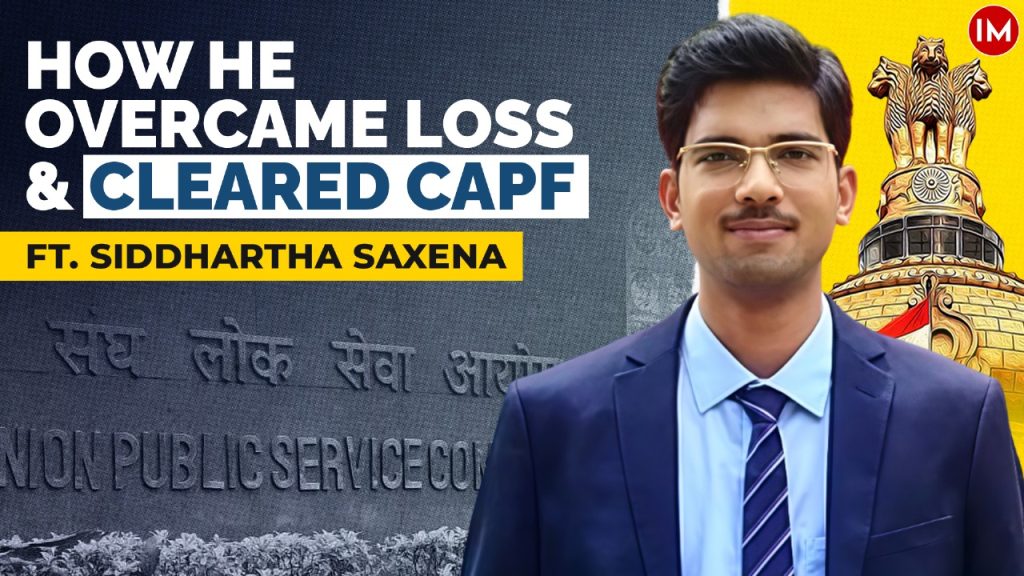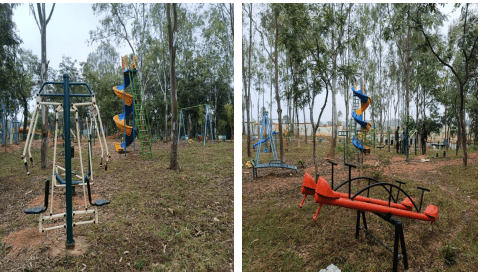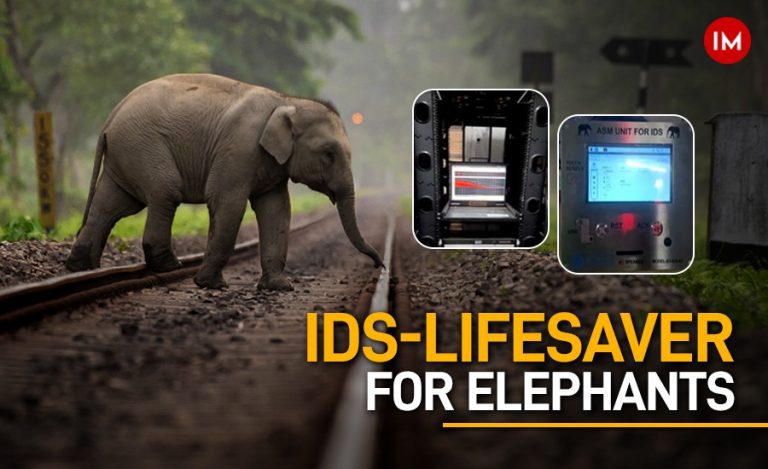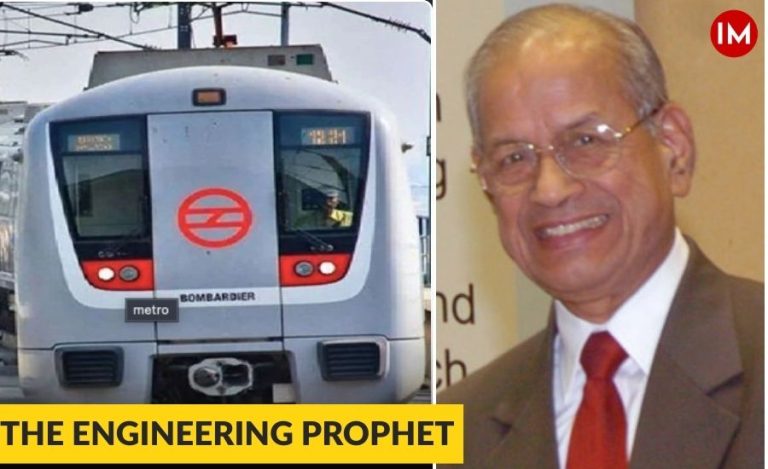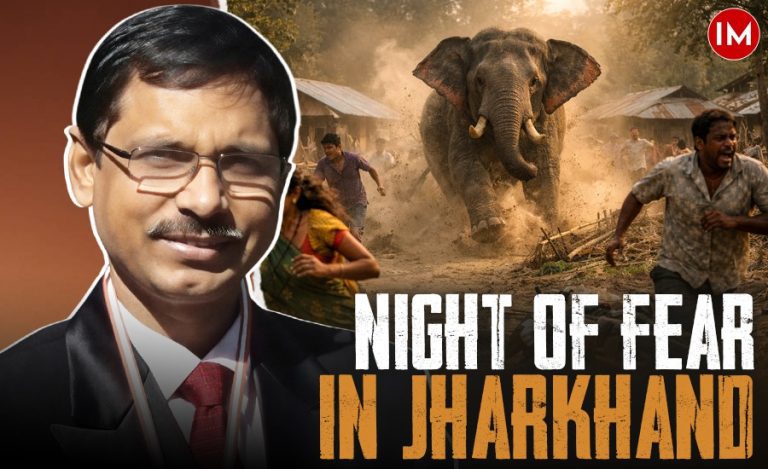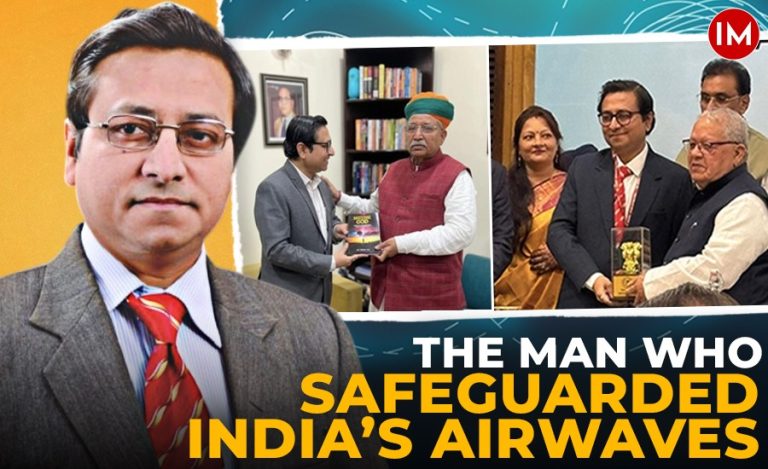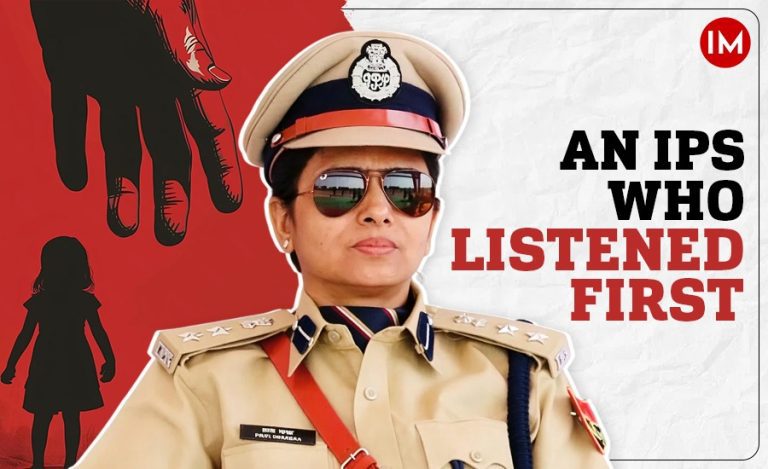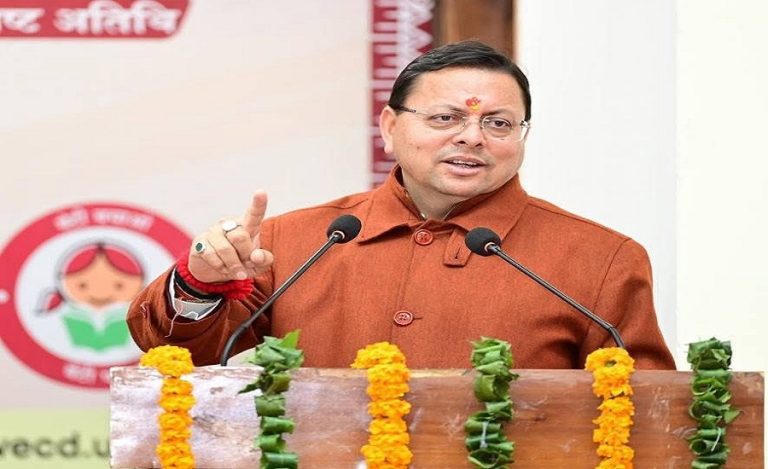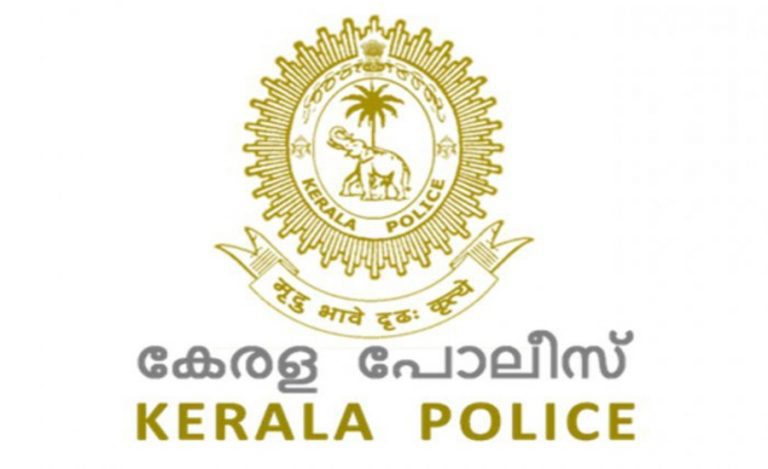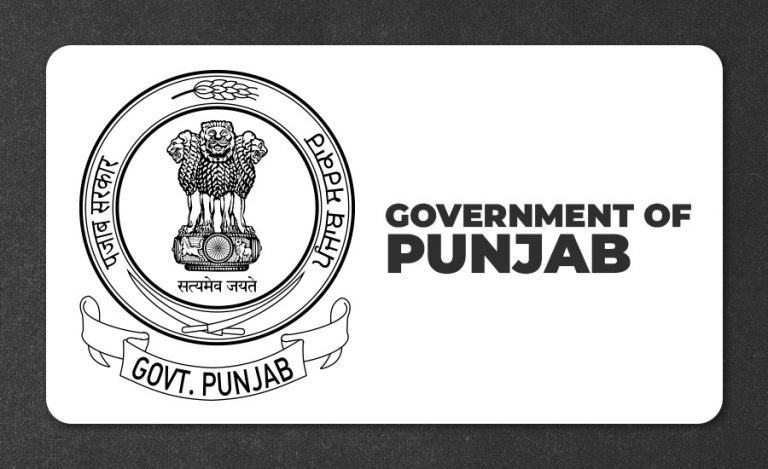In the bustling lanes of Bisalpur, a modest tehsil in Uttar Pradesh’s Pilibhit district, Siddhartha Saxena’s story begins like many others—rooted in humble beginnings and fuelled by quiet ambition. Yet, what sets this 26-year-old apart is his recent triumph: securing an All India Rank (AIR) of 326 in the Union Public Service Commission (UPSC) Central Armed Police Forces (CAPF) examination. His journey, marked by personal losses and professional hurdles, offers hope for countless aspirants navigating the gruelling world of competitive exams in India.
In an exclusive interview with Indian Masterminds, he shared his journey in detail.
Watch the interview here.
EARLY LIFE AND INSPIRATION
Saxena’s early life was shaped by the values instilled by his late father, an accountant in a cooperative society.
“Since childhood, my father, who worked in a cooperative society, always inspired me,” Saxena recalls in an exclusive conversation with Indian Masterminds. “He’s no longer with us, but as a child, like soft clay, he shaped me. He always encouraged me to follow my heart but to do something in academics that would benefit society.”
Growing up amid tales of corruption in his father’s workplace, Saxena was drawn to civil services as a means to effect positive change. Inspired by young IPS officers like Safin Hasan, he set his sights on the prestigious Indian Administrative Service (IAS), but fate had other plans—at least for now.
LOCAL ROOTS AND URBAN ASPIRATIONS
Educationally, Saxena’s trajectory reflects a blend of local roots and urban aspirations. He completed his schooling at Saraswati Vidya Mandir Inter College in Bisalpur before heading to Delhi University for a BSc (Honours) in Physics. Shifting gears toward civil services, he pursued a Master’s in History and cleared the National Eligibility Test (NET) in the subject. He even completed a Diploma in Elementary Education in 2023.
This academic pivot wasn’t random; it aligned with his growing inclination toward General Studies (GS), a core component of UPSC exams.
“My inclination was always toward General Studies (GS), so I leaned toward civil services,” he explains.
OVERCOMING PERSONAL LOSS AND FINANCIAL STRAIN
The road to success, however, was fraught with challenges. In 2022, Saxena suffered a devastating blow with his father’s passing due to liver failure. The family plunged into a financial crisis, with all resources funnelled into treatment in Lucknow.
“The toughest moment was when my father was admitted for a month,” Saxena shares. “My preparation took a backseat, and our family was on the verge of a breakdown. All economic activities stopped, and all our money went into his treatment.”
Amid the chaos, his uncle’s words resonated: “Become someone who doesn’t face such issues for treatment in the future.” This ordeal not only tested Saxena’s resolve but also deepened his appreciation for the perks of government service, like reliable healthcare facilities.
CAPF SELECTION
Undeterred, Saxena pressed on, balancing grief with preparation. He cleared prelims for both IAS and Uttar Pradesh Public Service Commission (UPPCS) in 2023 but fell short in the finals. Concurrently, he applied for CAPF on a whim. viewing it as a backup. To his surprise, he qualified for the written exam and eventually the entire process.
The moment he discovered his selection is etched in his memory as a mix of disbelief and elation. While casually playing cards with friends and sipping tea, he checked the PDF in a CAPF group chat.
“I quietly opened it and searched for my name, ‘Saxena’. Only ‘Siddhartha Saxena’ appeared. I was stunned!” he recounts. Initially suspecting a fake AI-generated document, he verified it on the official site. Overwhelmed, he called his mother first, tears flowing as he remembered his father.
“I became very emotional, remembering my mother and father. If he were here, he would’ve been so proud.”
PREPARATION STRATEGY
Saxena’s preparation strategy highlights the synergies and differences between UPSC’s Civil Services Examination (CSE) and CAPF. As a Hindi-medium student, he faced unique hurdles, such as limited quality resources compared to English-medium aspirants.
“The difficulty has reduced a bit now because of AI and the availability of more books for Hindi-medium students,” he notes. “However, it’s still not on par.”
For CAPF, he leveraged his CSE GS preparation, finding the syllabus overlapping but with nuances—CAPF’s questions being more factual and one-liner oriented, while CSE’s are conceptual. The English paper posed a challenge, but drawing from recent CSE mains experience, he scored around 80 marks, a solid feat for his background.
“Those small successes boosted my confidence and kept me going,” he says. Friends and family were pillars; his mother and brother urged him to persist despite financial strains, even as he contemplated tuitions to contribute economically.
BREAKING ON SMALL-TOWN MYTH
Reflecting on his journey, Saxena dismisses the notion that small-town aspirants are inherently disadvantaged.
“Now, with the internet, resources are available to all. If we think we’re disadvantaged, we’re just making excuses,” he asserts. For metro-city peers, advantages like better communication skills exist, but determination levels the field. Citing icons like APJ Abdul Kalam and Sachin Tendulkar, who rose from modest origins, he emphasises:
“If our heart is in it, anyone can achieve anything.”
MESSAGE FOR ASPIRANTS
Saxena’s message to fellow aspirants is pragmatic and motivational. He advises diversifying applications if finances are tight:
“If your economic situation isn’t strong, apply for relevant exams like IB or CAPF alongside CSE. Small successes build confidence and family trust.”
He warns against the myth of exclusive CSE focus, urging persistence amid failures.
“Failure makes a person human. If I had cleared in my first attempt at 21, I’d be arrogant. Stay on the path; God has something good for you if you work hard.”

